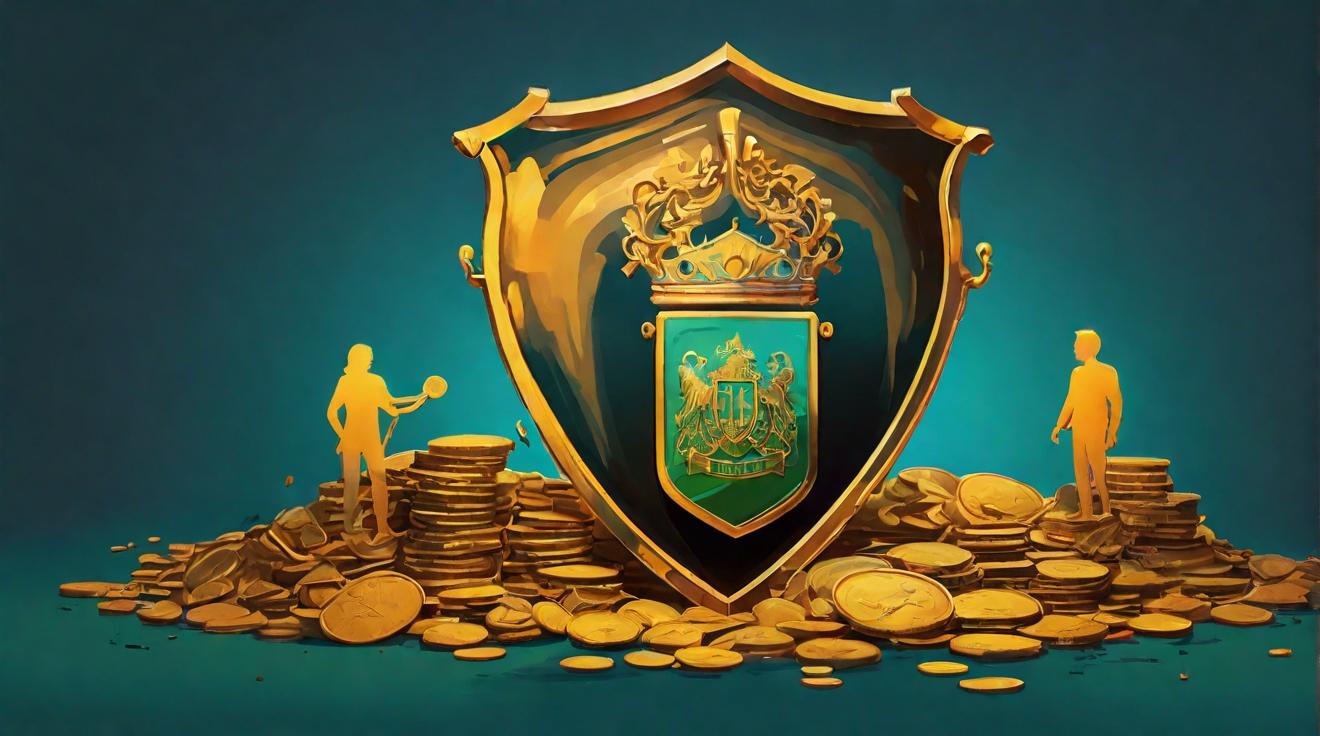Ethereum Ecosystem on the Verge of Transformation
The Ethereum ecosystem is preparing for a monumental change with the upcoming Pectra upgrade. Scheduled for early 2025, this upgrade is set to merge the Prague and Electra updates, following the Dencun upgrade from March 2024. It's anticipated to be one of Ethereum's most significant transformations, addressing critical aspects like scalability, security, and user experience.
Key Ethereum Improvement Proposals (EIPs)
At the heart of the Pectra upgrade are vital Ethereum Improvement Proposals (EIPs) such as EIP-7702, EIP-3074, and EIP-7623. These proposals aim to revolutionize wallet technology and interactions with the blockchain.
EIP-7702, proposed by Vitalik Buterin, intends to enable existing externally owned accounts (EOAs) to execute any smart contract code. This change could lead to more feature-rich and user-friendly wallets, allowing EOAs to temporarily act as smart contract wallets during transactions.
EIP-3074 focuses on delegating control of EOAs to smart contracts. This would enable complex transaction schemes like gas sponsorship and batch transactions, making Ethereum more accessible and enhancing the DeFi user experience.
EIP-7623, also by Buterin, addresses increased calldata costs to reduce block size and improve Layer 2 performance, potentially lowering transaction costs.
New Standards and Enhancements
The Pectra upgrade introduces the Ethereum Object Format (EOF), a standard to improve how smart contracts are created and executed. This change is expected to boost security, reduce errors, and increase the efficiency of the Ethereum Virtual Machine (EVM).
Additionally, EIP-7594 (PeerDAS) will implement Data Availability Sampling (DAS), significantly enhancing the network's capacity to handle rollups and data requirements, increasing blob transaction potential per block.
Addressing Network Stability
EIP-7251, or 'maxeb', is designed to mitigate instability risks in the beacon chain as staked ETH nears 50% of the network. It proposes consolidating validators into fewer ‘super validators’ without affecting monetary policy or rewards, streamlining operations.
Community Reactions and Concerns
While the Pectra upgrade promises improvements, it has sparked discussions about potential impacts on decentralization and validator diversity, especially regarding EIP-7251. Concerns focus on whether consolidating validators could undermine network decentralization, a fundamental blockchain principle.
Implications for the Blockchain Industry
This upgrade could significantly influence the broader blockchain industry. By improving scalability, security, and user experience, Ethereum may attract more users and developers, driving innovation in decentralized applications and DeFi projects.
Looking Ahead
As the launch approaches, the blockchain community is keen to see Ethereum's evolution and its influence on future blockchain technology. The Pectra upgrade is poised to set new standards, underlining Ethereum's commitment to continuous innovation and development in building a more robust blockchain ecosystem.
The upgrade is not merely a technical enhancement but a pivotal step towards a scalable and efficient blockchain future.













